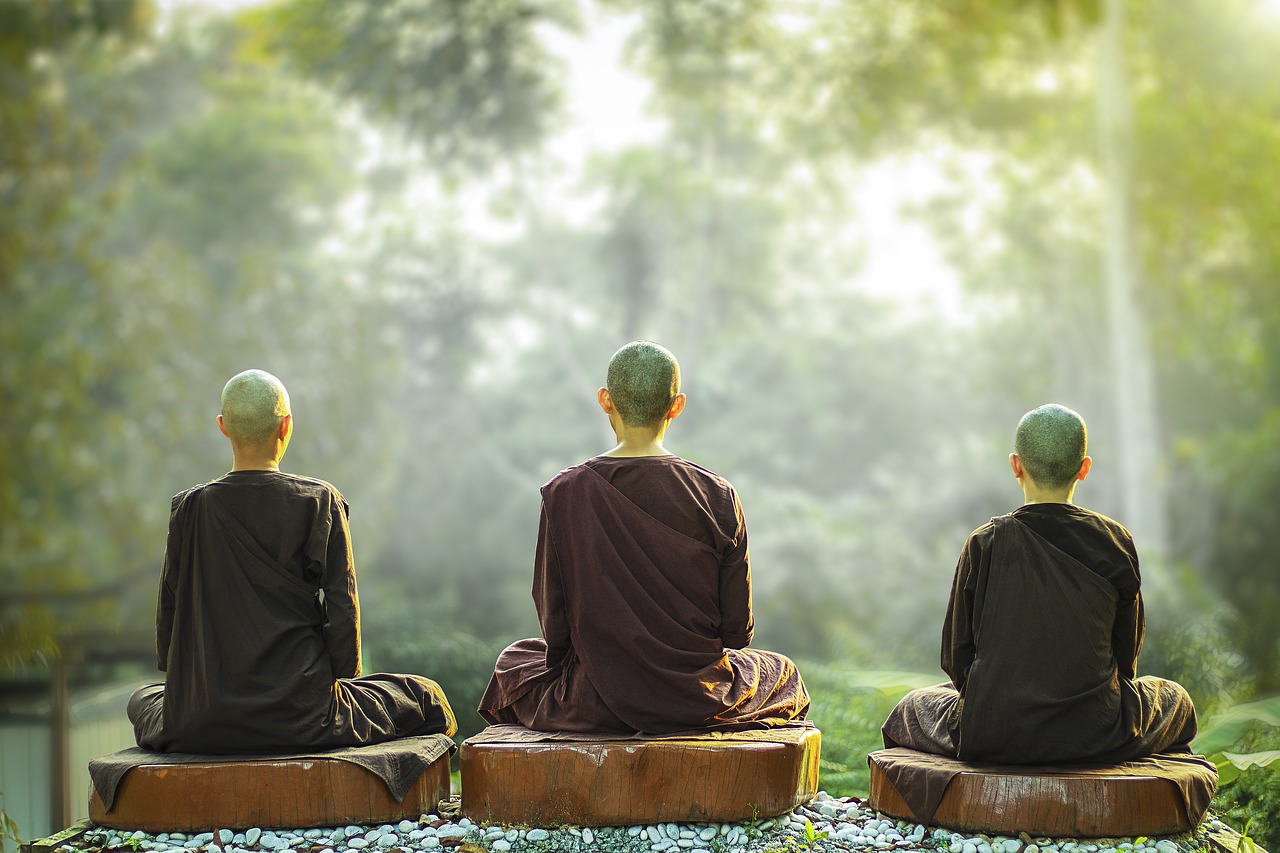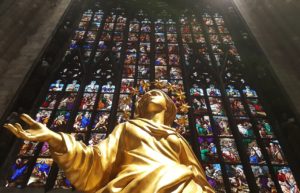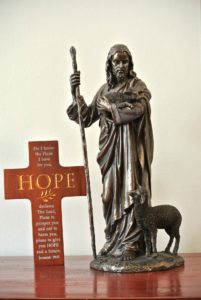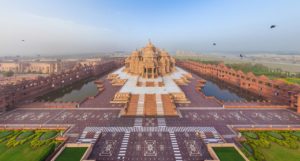The day before Yom Kippur, known as Erev Yom Kippur, is considered by all who celebrate it to be a quasi-festival day. As a festival, there are many traditions and customs which Jews practice. These customs are:
To seek forgiveness and atone for any sins that they have committed against another.
a. Visit or call family, friends, and any other they may have wronged to ask for forgiveness. Gossip about another would be something forgiveness would be asked for.
b. Return stolen items.
To give increased charity. Jews believe that increasing their charity will help to repeal evil decrees against them.
Feasts are common on this day before fasting.
The Kaparot ceremony, which is a very old and mystical custom. It was designed to make those participating feel that their lives are at stake. The symbolism of the ceremony includes sins crying out for atonement, good deeds being remembered, and charity and repentance saving all from sins. In its previous forms, a white chicken was used in the ceremony, but most communities today have substituted a white cloth for the foul.
On this day before the holiday, a ritual bath is normally taken. The act of the mikvah (ritual bath) is said to symbolize a person’s rebirth. Men universally follow this tradition, while women have different customs concerning the mikvah.
Confession, called the Viduy, is recited at the afternoon service, which is called mincha. This is found in the silent Amidah.
Most wear white on Yom Kippur, as it symbolizes the angels and spiritual purity. Jewish men wear a kitel, which is a garment worn when married and when buried.
Many of these customs are followed by Jews, even those that do not practice their faith on a regular basis. Yom Kippur and the quasi-festival the day before are quite important to those following the Jewish faith. Some say Yom Kippur is the most important of all the Jewish holidays. It is not uncommon for Jews to have large celebrations on Erev Yom Kippur.





